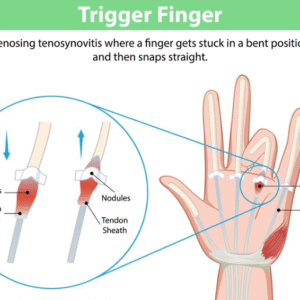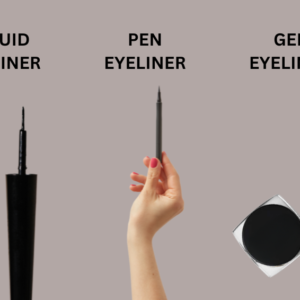A captivating smile has the power to light up a room and leave a lasting impression. However, behind every beautiful smile lies the foundation of good oral hygiene. Maintaining healthy teeth and gums goes far beyond cosmetic benefits; it significantly contributes to your overall well-being. In this blog post, we will explore the various aspects that contribute to your overall health and well-being, with good oral hygiene being just one of them.
The Importance of Good Oral Hygiene
Good oral hygiene is the cornerstone of a healthy mouth. By diligently practicing regular brushing, flossing, and dental check-ups, you can prevent dental problems, maintain fresh breath, and boost your self-esteem with a beautiful smile. However, oral hygiene isn’t just about having a bright smile; it’s about safeguarding your health and well-being. By prioritizing oral health, you can also reduce your risk of systemic health issues like heart disease, diabetes, and respiratory infections.
One of the most effective ways to instill good oral hygiene habits is to start young and teach children the importance of taking care of their teeth and gums. Dental health habits formed in childhood often stay with us throughout our lives. By introducing kids to proper brushing and flossing techniques from an early age, we set them on a path to a lifetime of good oral health.
It’s essential for parents and caregivers to make oral care a fun and educational experience for children, emphasizing the importance of regular brushing, flossing, and routine dental check-ups. Teaching kids the value of their smile not only helps prevent cavities and gum disease but also fosters a sense of responsibility for their overall well-being. As they grow, these habits become second nature, ensuring that they carry the benefits of good oral hygiene into adulthood.
The Power of a Balanced Diet
A balanced diet plays a vital role in your overall health, including your oral health. Foods rich in essential nutrients like calcium, vitamin D, and phosphorus are crucial for strong teeth and bones. Incorporating fruits and vegetables into your diet provides vitamins and minerals that support gum health. On the other hand, excessive consumption of sugary and acidic foods can lead to tooth decay and erosion. Remember, what you eat not only affects your waistline but also your smile.
Exercise for Your Body and Smile
Regular physical activity not only keeps your body fit but can also contribute to better oral health. Exercise improves blood circulation, which can help keep your gums healthy. Additionally, maintaining a healthy weight reduces the risk of developing conditions like sleep apnea, which can be associated with oral health issues. So, don’t forget to break a sweat for the sake of your body and your smile.
Stress Management for Your Teeth and Mind
Stress can take a toll on your body and your oral health. When stressed, you may be more prone to teeth grinding or clenching, which can lead to tooth damage and jaw pain. Finding effective stress management techniques, such as meditation, deep breathing, or yoga, can not only benefit your mental well-being but also protect your teeth and gums from the harmful effects of stress.
Quality Sleep for a Refreshing Smile
Quality sleep is essential for your overall health, including your oral health. During deep sleep, your body repairs and regenerates tissues, including the tissues in your mouth. Poor sleep patterns have been linked to a higher risk of gum disease and oral infections. Ensuring you get enough restful sleep each night can contribute to a healthier smile and a healthier you.
Conclusion
While good oral hygiene is indeed crucial for a healthy smile, it is just one piece of the puzzle when it comes to your overall health and well-being. A balanced diet, regular exercise, stress management, and quality sleep are all essential components of a healthier you. So, remember that your smile reflects not only your oral health but also your commitment to living a healthier, happier life.






